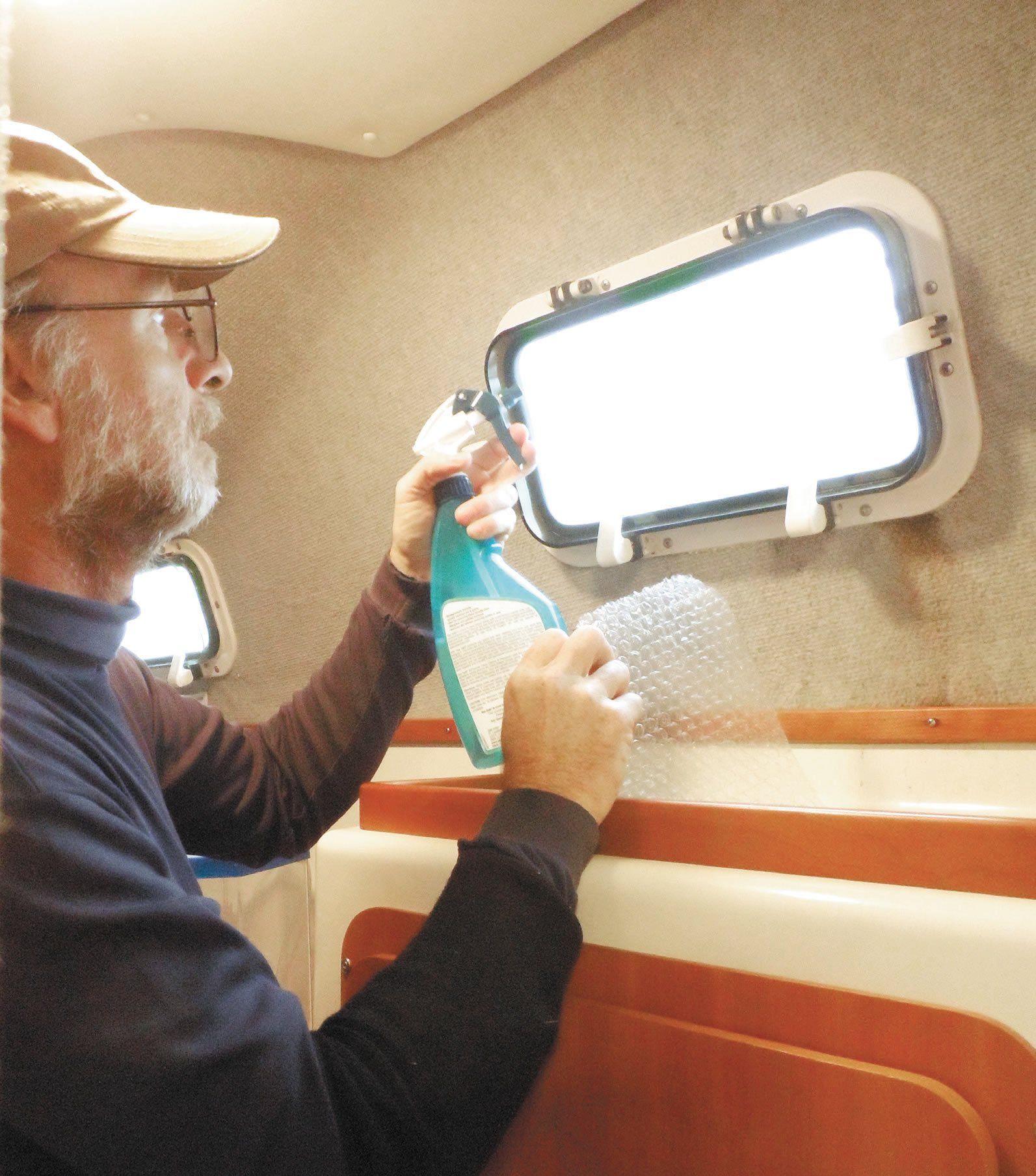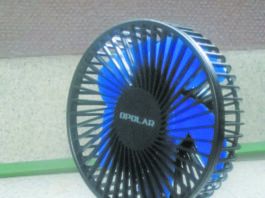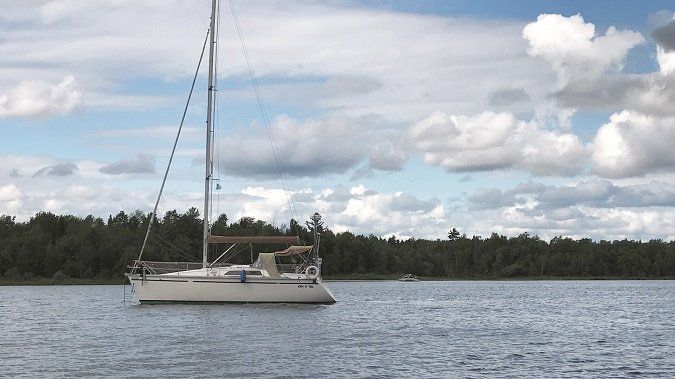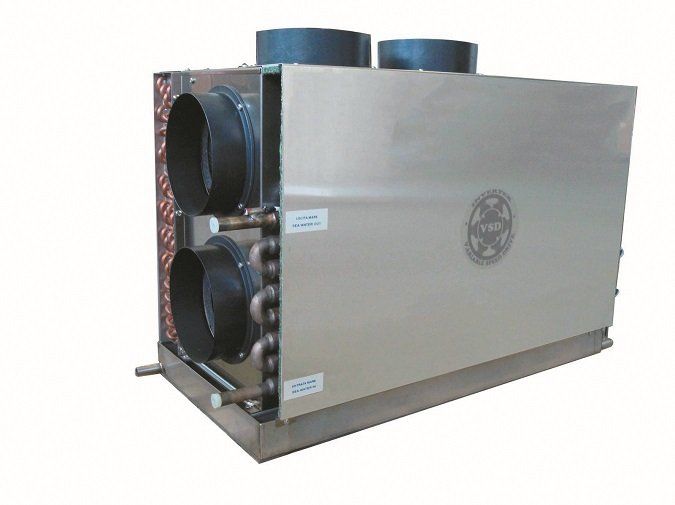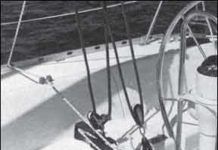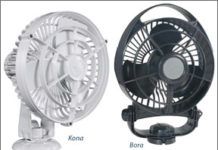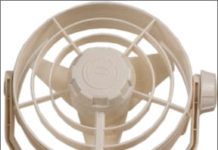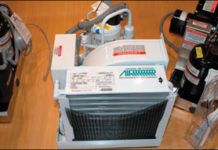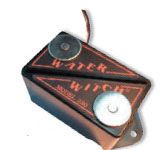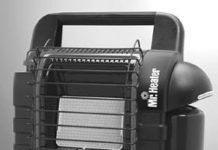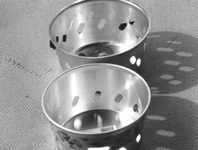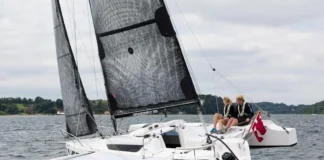Ventilation Can be Improved in Almost Any Boat
Fresh air and a dry berth are two “rare," commodities in the belowdecks caverns of most boats. On deck you may be surrounded by endless quantities of fresh air. Below, fresh air frequently comes mingled with similar quantities of fresh or salt water, sometimes in the form of an emulsion that is difficult to breathe at best. Most boats are well ventilated at the dock or at anchor, or even under way in fair weather. But let the wind blow, the spray fly, and the rain fall, and the interior can quickly become a dank swamp if you leave an opening for ventilation, or an airless dungeon if you don't. Fortunately, ventilation can be improved in almost any boat, new or old. In the grand scheme of things, improving ventilation is relatively cheap; far less expensive, for example, than installing refrigeration or a sophisticated propane system.
How to Prevent Head Odors Aboard Your Sailboat
While permeation of waste gases through flexible sanitation hose is a major source of odors in the head, it is not the only one. This article looks at the possible sources one by one.
Onboard Amenities: Endurance test of 12-volt Fans Wraps Up
Practical Sailors review of 11 cabin fans in 2008 launched an ongoing test of their durability over the longhaul. We evaluated 12-volt fans from Hella Marine, Fantastic Vent, Caframo, and HotWire. A test update in the August 2009 issue introduced some new players and cut those that had been discontinued. The ones that remained faced six months of continuous run time. This report wraps up the long-term test with a look at the last fans standing.
New Clear, No-rust Propane Tanks
Unlike aluminum or steel propane tanks, clear composite tanks allow users to see how much fuel remains, a nice feature in an LPG tank.Following our year-long evaluation of Ragasco’s 9-kilogram one-piece blow-molded tank, Practical Sailor tested the American-made Lite Cylinder, a two-piece composite tank. The two tanks have nearly identical dimensions, and may be a challenge to fit in a standard propane locker designed for metal tanks. In fire tests, composite tanks melt rather than “explode” like metal tanks, giving them a slight edge in safety, and the non-metal tanks resist rusting, a common problem of aluminum LPG tanks.
Cabin Fan Test Returns
In April 2008, Practical Sailor evaluated 11 cabin fans from seven manufacturers. Since that test, Caframo has gone back to the drawing board and redesigned its 748 Bora. The company also introduced a new weatherproof version of its Kona. Testers were pleased to see that the new fans clearly addressed complaints raised in our last test: The Bora radically changed its blade design to pump more air, and the Konas corrosion-prone metal grill was replaced with a plastic grill that will hold up better in salt air. Based on the new data, the Bora has climbed up into the recommended rankings. Stay tuned for this years Fan Death Match.
Troubleshooting AC Units
I have an air-conditioning unit with more than 14,000 BTUs. Here in Florida, with a 38-foot boat, that just doesn’t hack it. The unit’s been checked for efficiency by a technician. My prior boat (also 38 feet) had two units totaling over 20,000 BTUs. Those were effective, but that output is enough to cool a small store ashore. How are boat A/C BTUs determined? I suspect the temperature of coolant water is a major factor. Also, what is the effect when coolant water is suppressed by a clogged filter? Are they built to automatically shut down the compressor?
Mailport: 12/06
MARINE INSURANCE REDUXI have been reading with much interest your articles about marine insurance this year (April and May 2006).
Rhumb Lines — Getting a Fix on Reality
It was mid-July 1990 on the Caicos Banks, a stretch of shallow, gin-clear water extending for about 70 miles east to west in the Turks and Caicos Islands. Along with a dozen other cruisers whod chosen to thumb our noses at hurricane season (ah, those were simpler times), we were pausing in Providenciales before heading south. …
Cabin Heater Update
After a test report was published in the Jan. 1, 2005 issue on eight small portable electric heaters, a number of readers contacted Practical...
Portable Cabin Heaters
Among the 12V models, the Back Seat is tops; among the 110 V models, we like the Caframo; and the alcohol-powered Origo is always a reliable standby.


